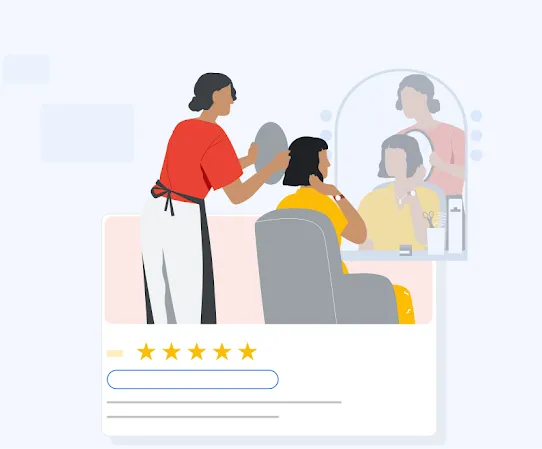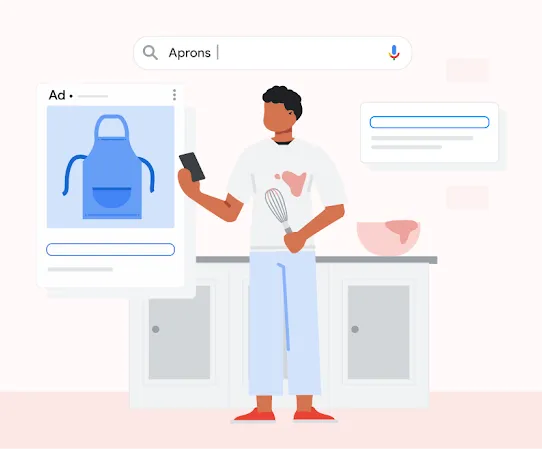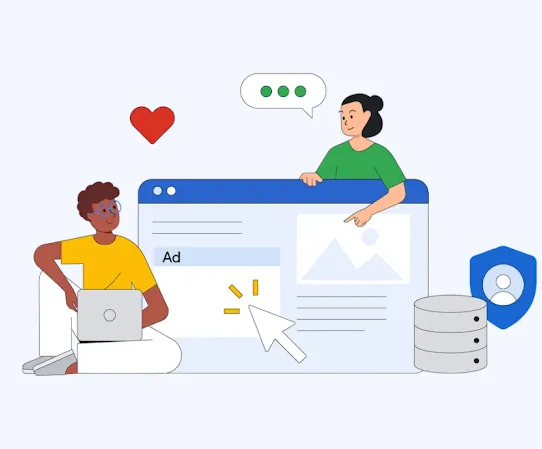Maximize access to information
At Google, we believe in open access to information. We believe that society works best when people have access to information from many sources. That’s why we do not remove web results from Search, except in very limited circumstances. However, when listings and other information are presented as Search features, users may interpret the information as having greater quality or credibility. In those cases, we apply more restrictive policies.
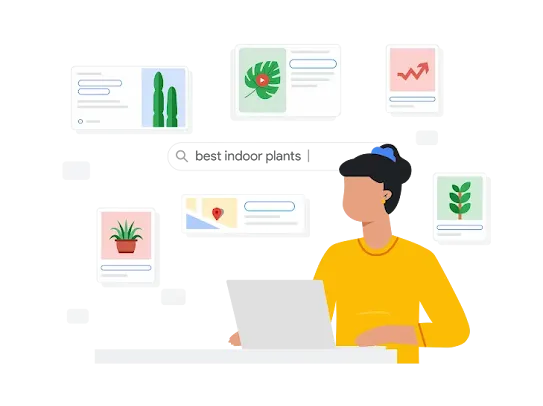
Defining dedicated policies
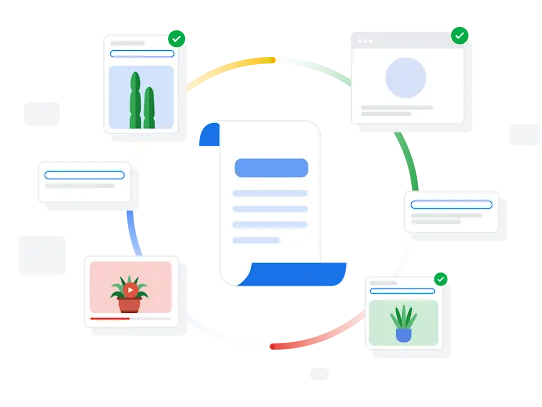
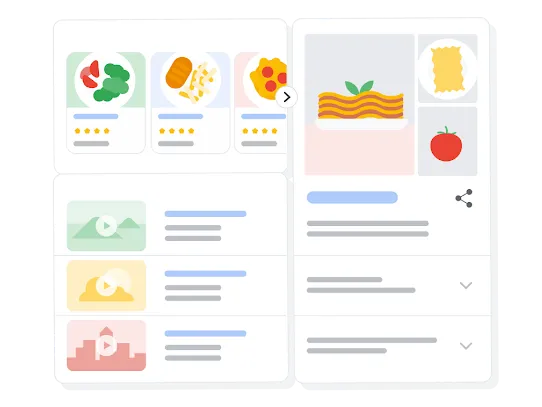
Why problematic content may appear
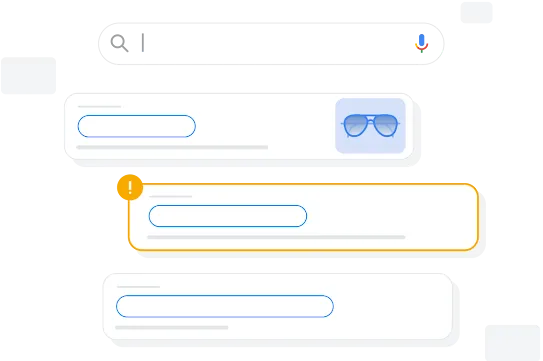
Addressing policy-violating content
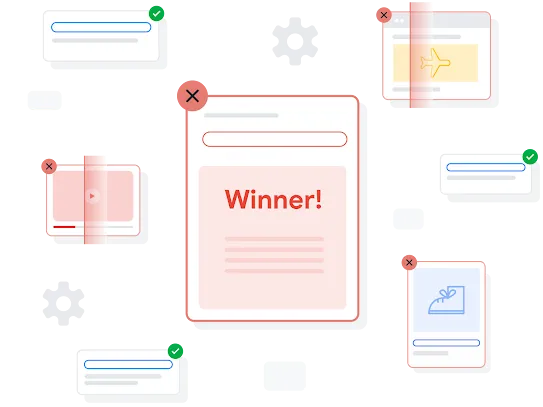
Automation is also generally Google’s first line of defense in dealing with policy-violating content. Our systems are designed to prioritize what appears to be the most useful and helpful content on a given topic - and not surface content that violates our content policies. No system is 100% perfect: if our automated systems miss policy-violating content, we always look for ways to improve them for the future.
In some cases, we may also take manual action. This does not mean that Google uses human curation to rearrange the results on a page. Instead, humans are used to review cases where policy-violating content surfaces and take manual action to block this content in limited and well-defined situations.

